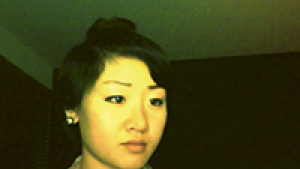Mary Tsang is an artist-biologist practicing in civic biosciences, open source organisms and tools, and how to deploy them. Her projects explore the biopolitical nature of biotechnologies, their roots in society and transhumanism, and the question of who gets access. Since 2013 she has partnered with a filmmaker to produce a documentary web-series on “bio-art” and emerging communities in DIYBio. The web-series DIYSECT hopes to initiate conversations on the rapid effect of biotechnologies on our society.
Contributors 2016
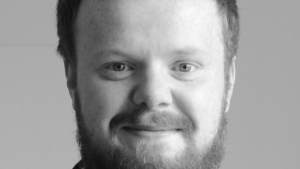
Matthew Rice is an Advocacy Officer at Privacy International working across the organisation engaging with international partners and strengthening their capacity on communications surveillance issues. He has previously worked at Privacy International as a consultant building the Surveillance Industry Index, the largest publicly available database on the private surveillance sector ever assembled. Matthew graduated from University of Aberdeen with an LLB (Hons.) and also has an MA in Human Rights from University College London.
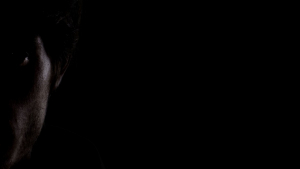
Matthias Urban, sound artist, born 1986 in Feldkirch, Austria creates acousmatic sound-pieces based on environmental recordings, found vintage media, data streams taken from natural phenomena etc.. The sounds and/or data are mainly processed and transformed with modified tape recorders, experimental microphony, computers, analog modular synthesizers and other–mostly magnetic-based–vintage sound equipment
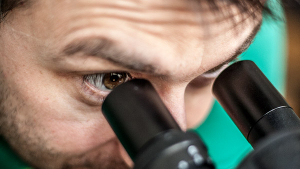
Michael Warthog (AT) works since 2000 activity with art photography and experimental film. He is interested in the breakdown of objects, machines und herbal structures and did various studies on the relationship between inner and outer world.
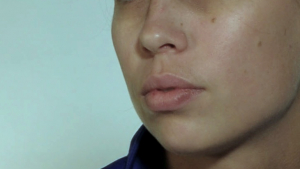
Michaela Lakova (BG) is a visual artist currently based in Rotterdam. She studied at the Media Design and Communication MA (Piet Zwart Institute). She holds a BA (NATFA) in Stage and Screen design. Her field of research and practice invokes catchy bits and bytes of errors, systems malfunction and the inevitable generation of data traces and its problematic resistance to deletion.
missdata (Tsila Hassine) examines the shifts in contemporary culture brought upon by accelerated digitization processes. Her works question the unbearable lightness of connectivity, and negotiate the price of remaining constantly ״on.” She earned an MFA in Media Design from the Piet Zwart Institute in Rotterdam and was a research fellow at the Jan van Eyck Academie in Maastricht. She is currently a PhD candidate at the Paris Sorbonne University.
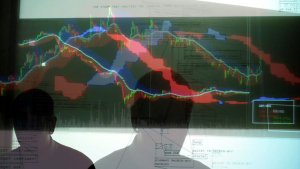
Przemyslaw Sanecki, Ph.D., was born in 1977 in Trzebnica, Poland, lives in Edinburgh, Scotland, UK.
Education:
2005. MA in Fine Arts at Academy of Fine Arts in Wroclaw, Poland.
2014. Ph.D. in Fine Arts at University of Arts in Poznan, Poland.
Artistic pratice:
He debuted in 1999 with a performance in Entropia Gallery, Wroclaw, Poland.
Since then he is active in fields of performance art, media art, experimental music and computational art.
He is also an active noise musician.
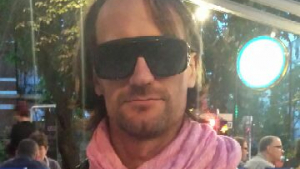
Raphael Perret is a Zurich based artist, exploring the interplay between physical and virtual spaces, the closing of circles, as well as the examination of value systems. Since 2012, he has worked on the informal-illegal recycling of e-waste in India and is researching from a socially engaged, artistic perspective the aesthetic of decaying technology as well as the circumstances of the workers in India.
The interdisciplinary research team consists of a core team of six people ranging from visual anthropology, environmental studies, art theory, scenography to music and programming: Flavia Caviezel (lead), Mirjam Bürgin, Anselm Caminada, Adrian Demleitner, Marion Mertens, Yvonne Volkart, associated: Andreas Simon. Most of the team members have been collaborating since “RhyCycling. Aesthetics of Sustainability in the Basel Border Area”, 2010- 2013; “Times of Waste” runs from 2015-2017.


